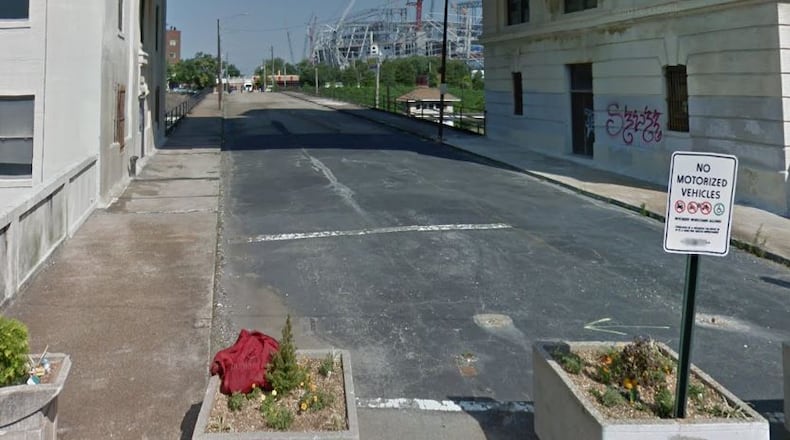An audit released this week indicates that Atlanta residents may have to further scale back their expectations for road resurfacing and other projects funded by bonds voters approved about five years ago.
The audit found that the city had spent $49 million — roughly 75 percent — of the amount projected for administrative costs related to Renew Atlanta bonds, leaving only $15.7 million to last through 2024.
That means if the trend continues, the city will quickly run out of money to monitor how millions of more dollars are spent upgrading the city’s infrastructure.
“Renew Atlanta lacks a detailed, up-to-date procedural manual that reflects current business practices," according to the audit report.
The audit covers the period up to December, 2019, about the same time the city created its first Department of Transportation, whose duties were meant to include better oversight of how Renew Atlanta dollars were spent.
In response to the audit, Atlanta Department of Transportation Commissioner Josh Rowan called the review a fair assessment, but said that he had begun reducing administrative costs significantly.
“However, from April 2019 to present, the program overhead has been reduced approximately 40%,” he said. "The Renew program recently won a national American Council of Engineering Companies award for its efforts to reduce overhead through a data-driven management approach, and we are proud of how much has been accomplished.”
Voters approved the bonds in 2015. The next year, they also approve a special .4 percent “TSPLOST” special sales tax.
The bonds and sales tax, along with other funds, where supposed to pay for a backlog of $1 billion of transportation and other facility projects.
But by 2019, the city was forced to reduce the number of funded projects by roughly half. Overestimated sales tax figures and projects deemed wasteful — such as the Northside Drive Pedestrian Bridge to the Mercedes Benz Stadium — were partly blamed.
About the Author
The Latest
Featured


